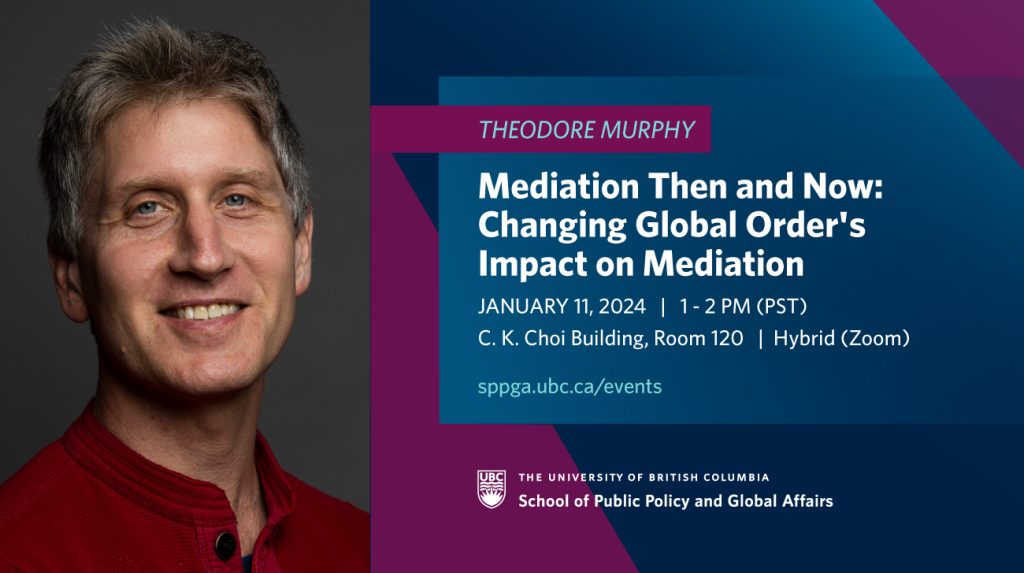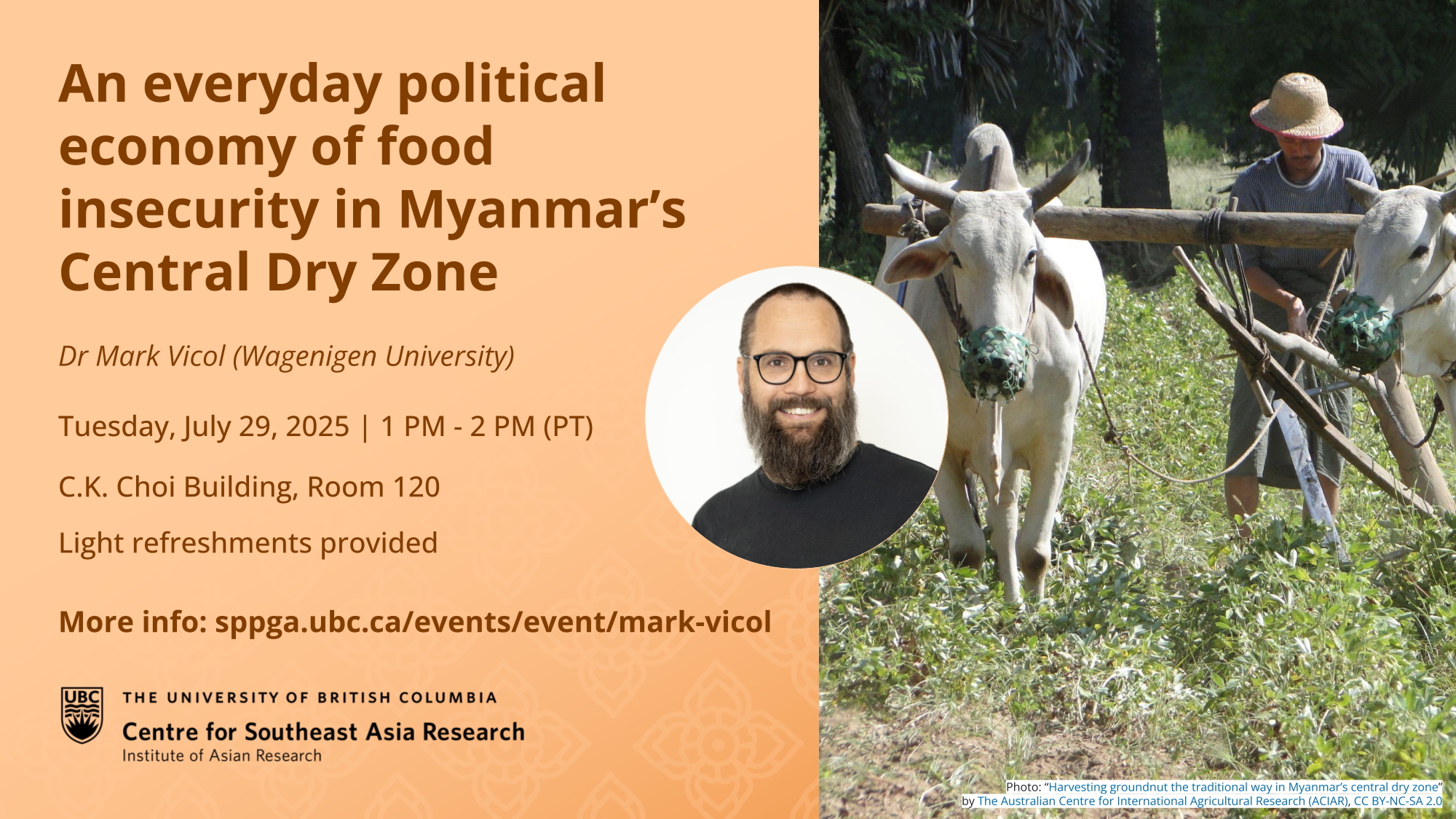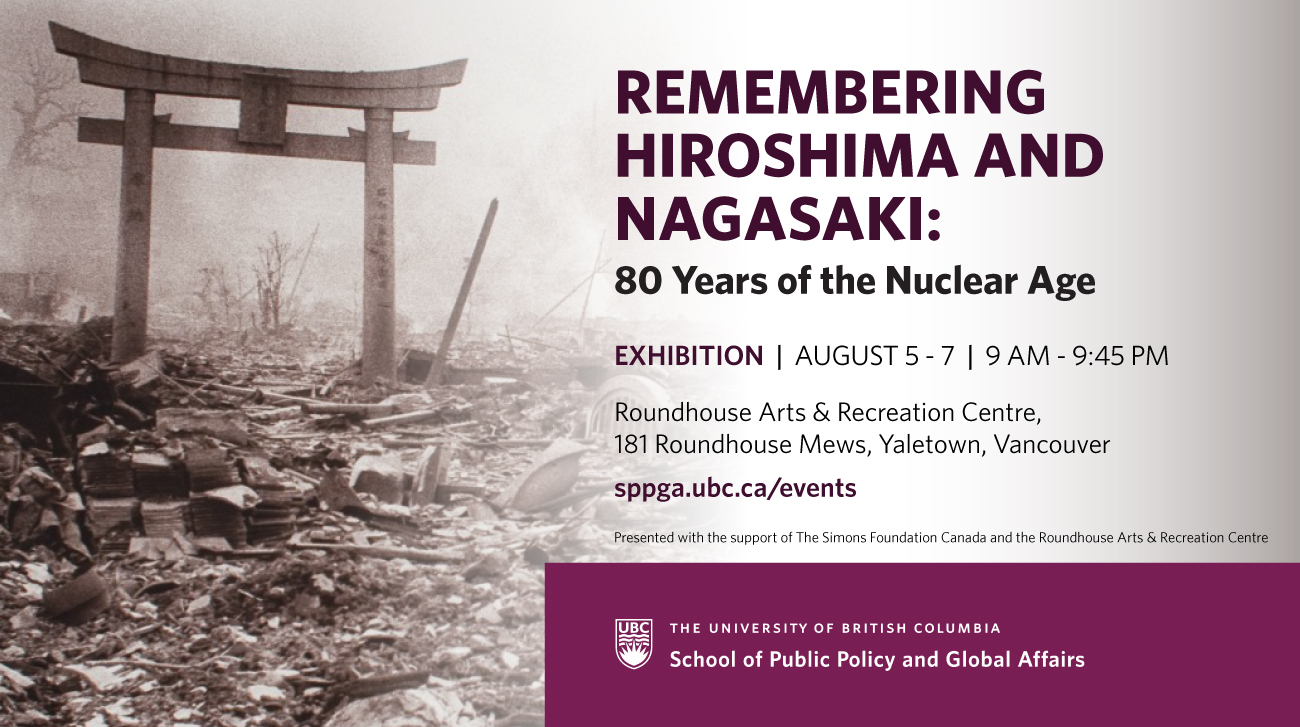

Theodore Murphy – Mediation Then and Now: Changing Global Order’s Impact on Mediation
Join us for a very special lecture on Thursday, January 11th with Theodore Murphy, director of the Africa programme at the European Council for Foreign Relations. Murphy’s background includes extensive experience in mediation, conflict resolution and humanitarian issues, from managing emergency response missions for Doctors Without Borders, in Afghanistan, Iraq, and Sudan to working with the United Nations and in the non-governmental sector in the Horn of Africa and Middle East to mediate and resolve conflict. In this lecture, Murphy will provide insights on traditional mediation tools, negotiation phases, and an examination of how a multipolar order impacts mediation’s viability.
About the Lecture
Traditional mediation practice focuses on the mediator’s toolbox and the phases of a negotiation process from CoH to Peace Agreement. But successful mediation requires the mediator to also harness carrots and sticks generated through linking the negotiation process to state-backers of the process. The “unipolar” era from 1989 onwards acted as the high-water mark for such a “full spectrum” mediation, but the transition to a multipolar system radically alters the space in which mediation now takes place such that the traditional mediation approach struggles to retain relevance.
Join us on Thursday, January 11 at UBC’s C. K. Choi Building, Room 120 or virtually (Zoom) for unique insights, tools, and tried-and-tested techniques in mediation and conflict resolution.

